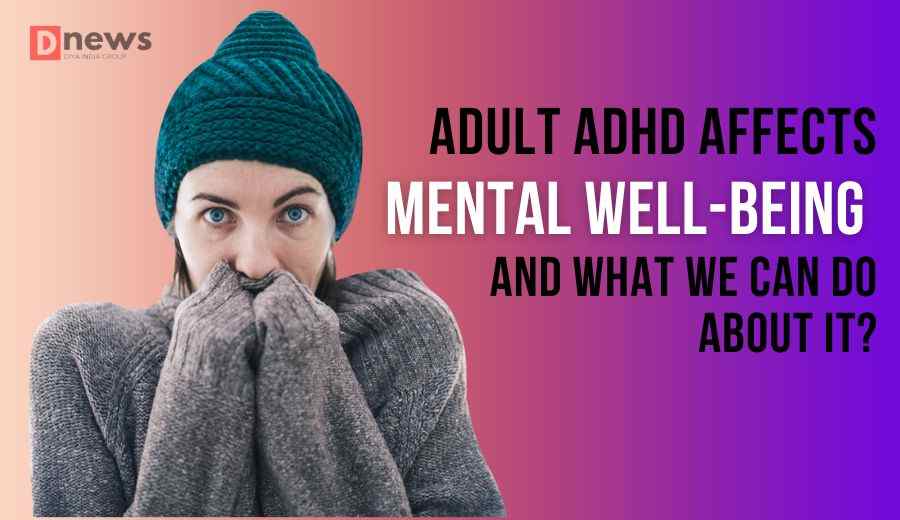Adult ADHD Affects Mental Well-being and What We Can Do About It?

Adult ADHD Affects Mental Well-being!
Nonage recollections of hyperactive kiddies bouncing off walls and floundering to concentrate might paint a familiar picture of Attention deficiency Hyperactivity complaint( ADHD). But the reality is more nuanced. ADHD lingers, frequently undetected, into the majority, impacting lives in ways that go beyond wriggling and daydreaming. This composition delves into the complications of adult ADHD, exploring its symptoms, challenges, and implicit results, with a focus on its impact on internal health.
Not Just a jejune particularity:
While nonage ADHD frequently manifests through hyperactivity and impulsivity, the adult experience can be subtly different. Attention difficulties persist, but rather than bouncing off walls, grown-ups might struggle with internal fatigue, zoning out during exchanges, or losing track of time. The” H” in ADHD can also take a different form, manifesting as internal restlessness and a constant internal buzz rather than outside hyperactivity.
Challenges Beyond the Surface:
These putatively benign symptoms can have significant consequences for internal well-being. The constant struggle to concentrate can lead to anxiety and frustration, impacting tone- regard and connections. Difficulty with association and planning can fuel habitual stress and passions of inadequacy. Left unaddressed, these challenges can contribute to depression, low provocation, and indeed substance abuse.
A Diapason of guests:
It’s important to flashback that adult ADHD is not a monolithic reality. It exists on a diapason, with symptoms varying in intensity and donation. Some individuals struggle with inattention, while others grapple with impulsivity and emotional dysregulation. Feting this diapason is pivotal for understanding individual guests and acclimatizing effective treatment plans.
The Mental Health Connection:
The link between adult ADHD and internal health is inarguable. Studies suggest an advanced frequency of anxiety, depression, and substance abuse diseases among individuals with ADHD. This connection can be attributed to the constant internal struggle, the social and academic challenges faced, and the passions of inadequacy and frustration that frequently accompany ADHD.
Hope Beyond the Challenges:
The good news is that adult ADHD is treatable. With proper opinion and support, individuals can learn to manage their symptoms and lessen their internal well-being. Effective treatment options include drugs, cognitive-behavioral remedies, and life changes. These interventions can help individuals develop managing mechanisms, ameliorate association chops, and cultivate positive tone- tone-comprehension.
Breaking the Stigma:
Openly agitating adult ADHD is pivotal for breaking the smirch girding internal health conditions. By participating in gests and raising mindfulness, we can produce a further probative terrain for individuals floundering with ADHD. This can empower them to seek help, access treatment, and lead fulfilling lives. For more…




